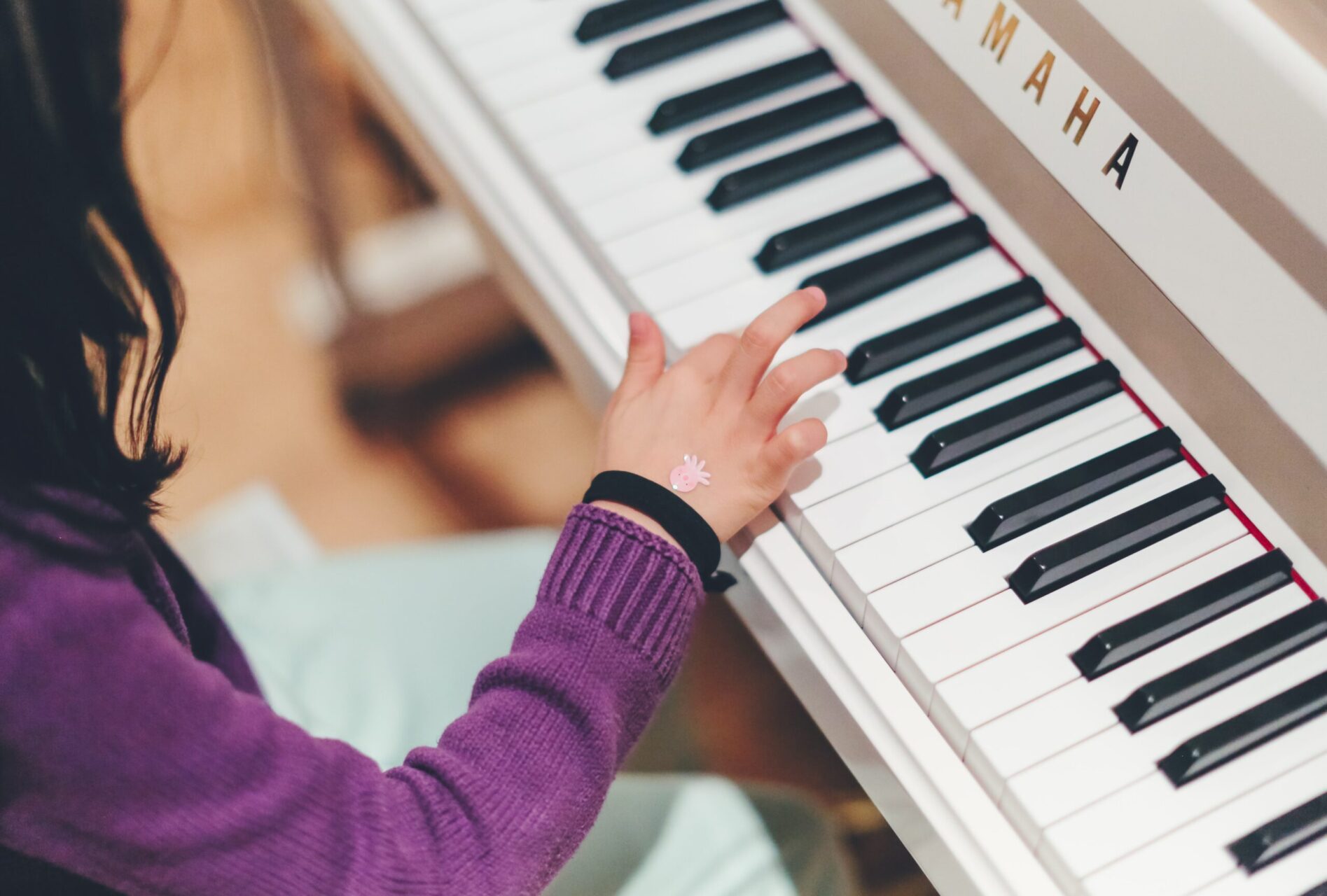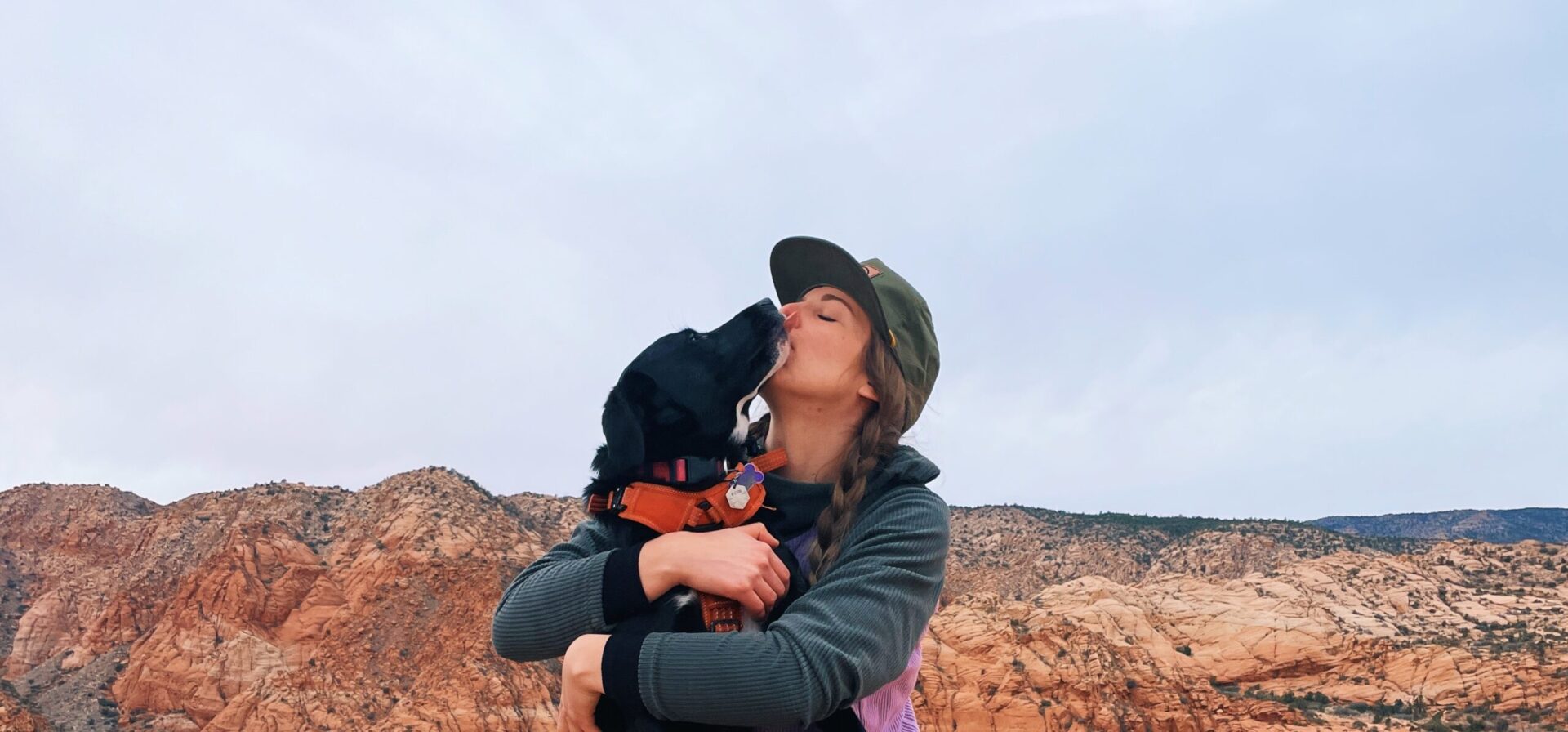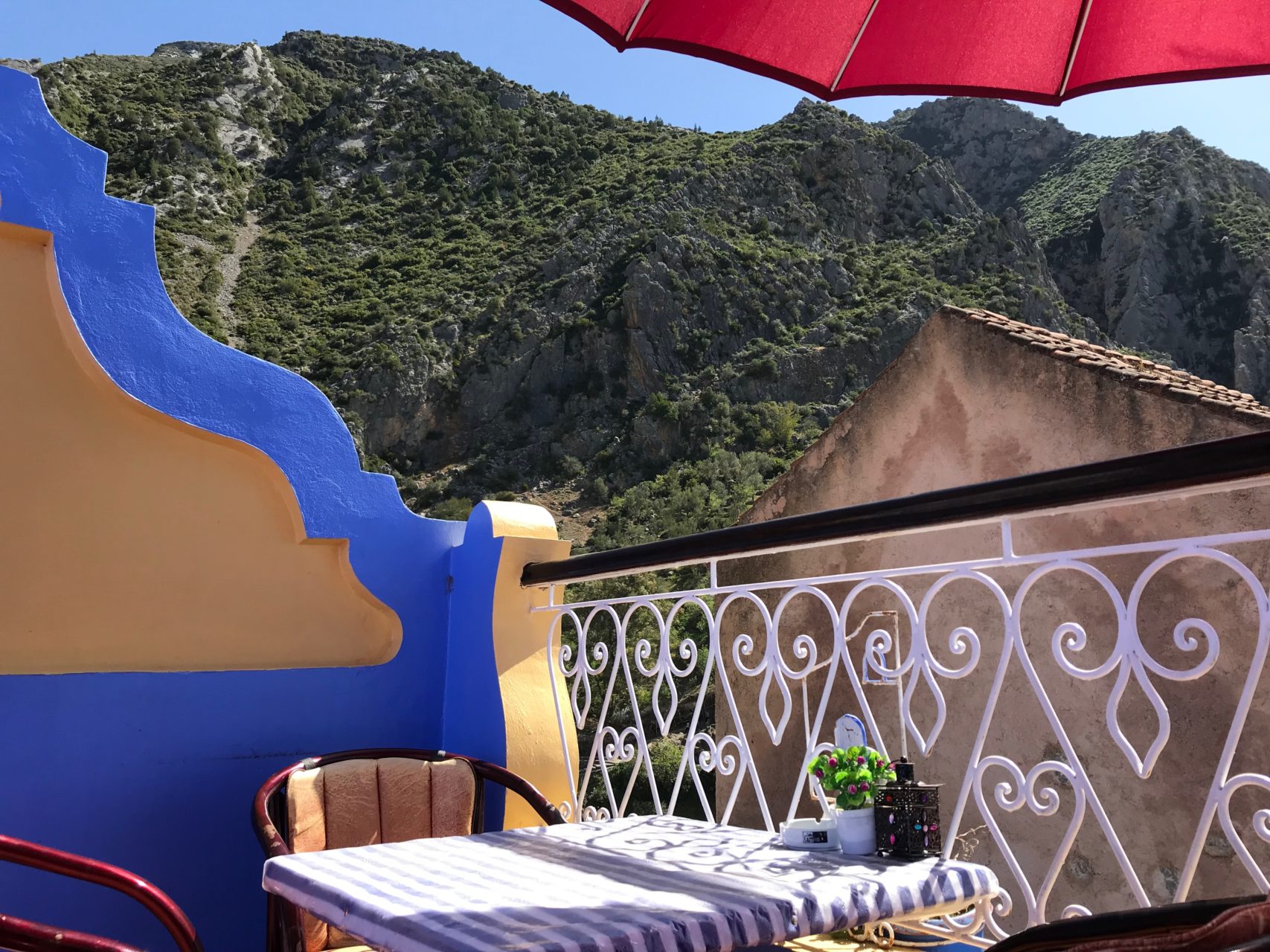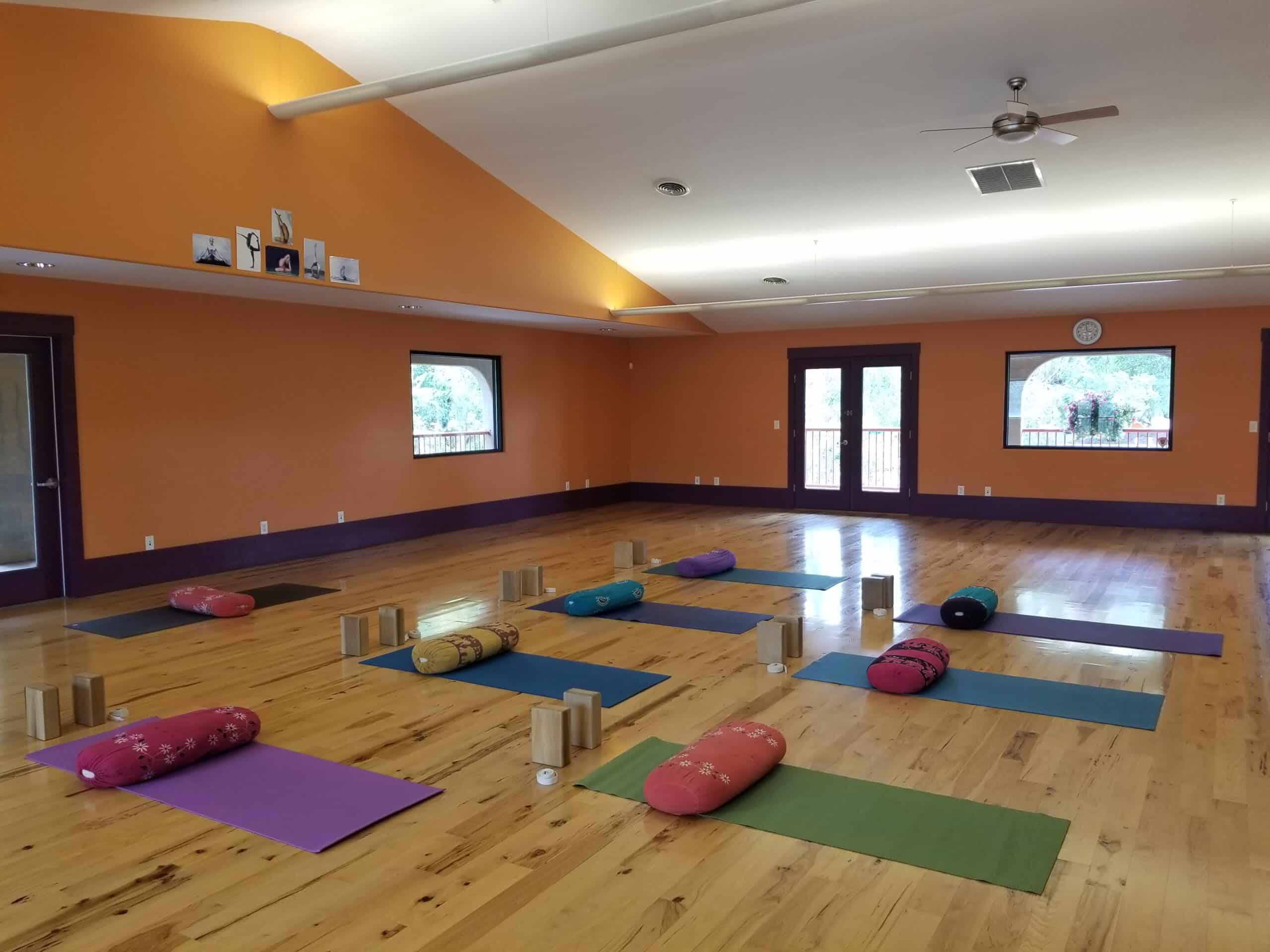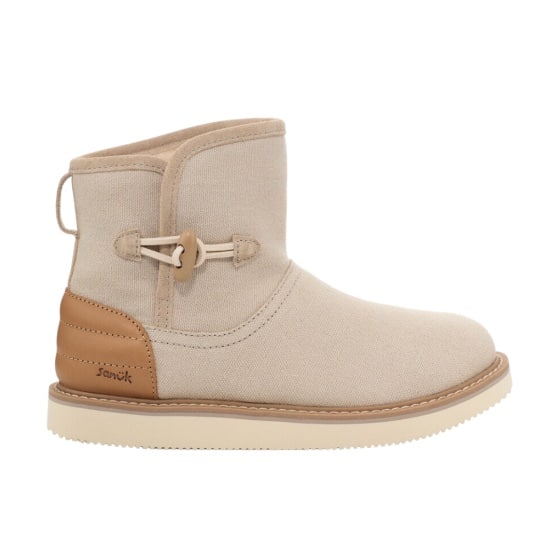How Music Can Create More Mindful, Resilient and Confident Children | By Dana Vachharajani
For children and adults alike, mindfulness, resiliency and confidence are not innate. These are honed over many years, and music education is a powerful tool to cultivate these elusive skills.
Since opening my own music school in Colorado more than 15 years ago, I’ve seen firsthand how music helps support emotional intelligence. I have even had quite a few students move on to study neuroscience to learn how brain waves react as Mozart or Bach is played and how music changes emotion. Music changes us, comforts us, soothes us and helps us find release and creativity.
As a child begins to learn music, I’ve noticed several benefits that start to become apparent, aside from the purely musical skill:
Improved Mindfulness
Mindfulness and music can be reciprocal. Listening to music and finding pitch helps children pinpoint specific sounds — instead of being distracted by background noise, it helps a child practice mindfulness and attentiveness. This has been proven to be particularly helpful with children who have life, mental and behavioral challenges. A study of parents who had children enrolled in music lessons found that 85% of the parents perceived their children had a greater ability to keep working until finishing a task after one year in music lessons, even when they viewed that task as difficult.
My 7-year-old son loves life on an iPad. Honestly, COVID schooling on screen turned my little guy into a tech junky as the screens were necessary for learning, but that attention overflowed into his everyday routine.
That being said, it is in our family agreement that music exploration is essential and that all three of our children study an instrument. While getting him to practice the piano is indeed our biggest struggle, it’s also his most productive engagement. His teacher only asks for 10 minutes of practice per day, but when my son is with the piano, focusing on just the sound production, exercises, songs and process, that practice creates a mindfulness that breaks him free of instant gratification that screens can pull him into. He is in control of his journey. Most of the time, 10-minute sessions become 30 minutes and when he finishes, he often doesn’t ask for screens for the rest of the day. Instead, he will play Legos or talk with us about his day. It might be an initial struggle to engage and include music in his life but is extremely essential for his mindfulness.
Improved Resiliency
Learning a new skill requires perseverance, discipline and motivation to succeed. Participating in an activity they are intrigued by, like learning a new instrument, is a powerful way to help children develop intrinsic motivation and discipline over time. This is great practice for the challenges your children will encounter later in life and can help prepare them for the “real world.” As teachers, we ask our students to be accountable for their journey. With care and advice, we ask students to complete assignments and tasks that will advance their skills, just like adults at their jobs. Sometimes tasks are joyful. Sometimes they require discipline and more attention that makes them feel like work, but learning how to turn the feeling of work into fun, excitement, validation and joy is part of learning. We hope that with this kind of positive guidance, we can help raise young adults that pursue their interests in their careers the same way they pursued their enjoyment of music.
Improved Confidence and Social Skills
We all want our children to be confident, and studies repeatedly demonstrate music education can help a child build confidence and their own unique identity. Music is a naturally collaborative activity. Working with a nurturing teacher, being part of a small ensemble, orchestra or rock band can help a child develop their social skills — a key part of becoming a confident and self-assured adult. Though never required, performing in front of peers and at recitals provides a great opportunity to practice public speaking, presentation and communication skills. Many schools, including ours, offer performance opportunities in small and larger group settings, allowing students to build up to performing on a stage or in front of a larger crowd.
I will always admire my music school parents who are so brave to trust that our school will help instill confidence in their children. Music study can be tough, but maintaining a nurturing and safe space for a student to make mistakes helps so much. When the time comes for a student to take that step onto the stage, we have hopefully provided skills to overcome fear of what they might view as failing. Sometimes this fear of failure can be resolved in weeks or months, maybe just one small achievement in a lesson helps resolve the issue, but for some select students, it might take years.
We had a voice student who was so gifted and loved singing, but stage fright was all too present for her. Instead, we developed other projects for her. We had her create and practice a group of songs that she would sing in front of a pretend concert. We had her record songs in a private studio so that she could experience a music making process. By the time we got through some of the projects, she decided to sing in a recital, just one song — and she did it! Two years later, she decided to present a group of songs at one of our local functions. I couldn’t have been prouder. She is still singing today and even joined a band in high school. Years of nurturing within music education helped create a more confident young woman.
For our many students, we find that music exploration boosts their confidence and helps them be more creative in life, while building resiliency. If you have children in your life who struggle with mindfulness, self-esteem or still need to find their social niche, music programs present many opportunities to hone these and other important life skills while having fun.
I urge parents to take that first step, ask questions and find the teacher or school that is the right fit for your child. It will be a gift for life.
Photo by Siniz Kim.
 Dana Vachharajani holds degrees from Carnegie Mellon University (BFA’97) and The Juilliard School (MM ’01). She has had a career defined by singing at top venues, public education, and creating and running a private music school. She has been touring with the Piatigorsky Foundation since 2000. Her tours take her all over the country and allow her to connect with many wonderful people and communities. Her goal is to make learning music and art a memorable, positive and fun experience. She now teaches privately, sings and runs Dana V. Music with Katie McClave. In only four years they have grown their school from offering just private voice and piano from 34 students to now over 20 programs that teach over 350 students per week. Their school and company continue to grow by semester, offering opportunities in private and group music classes.
Dana Vachharajani holds degrees from Carnegie Mellon University (BFA’97) and The Juilliard School (MM ’01). She has had a career defined by singing at top venues, public education, and creating and running a private music school. She has been touring with the Piatigorsky Foundation since 2000. Her tours take her all over the country and allow her to connect with many wonderful people and communities. Her goal is to make learning music and art a memorable, positive and fun experience. She now teaches privately, sings and runs Dana V. Music with Katie McClave. In only four years they have grown their school from offering just private voice and piano from 34 students to now over 20 programs that teach over 350 students per week. Their school and company continue to grow by semester, offering opportunities in private and group music classes.
Boasting a blend of wool and tencel shearling lining, this durable shoe will comfort you from the [...]

Subscribe to Our Tribe
Stay up to date with Y+L News, Events and special announcements.





